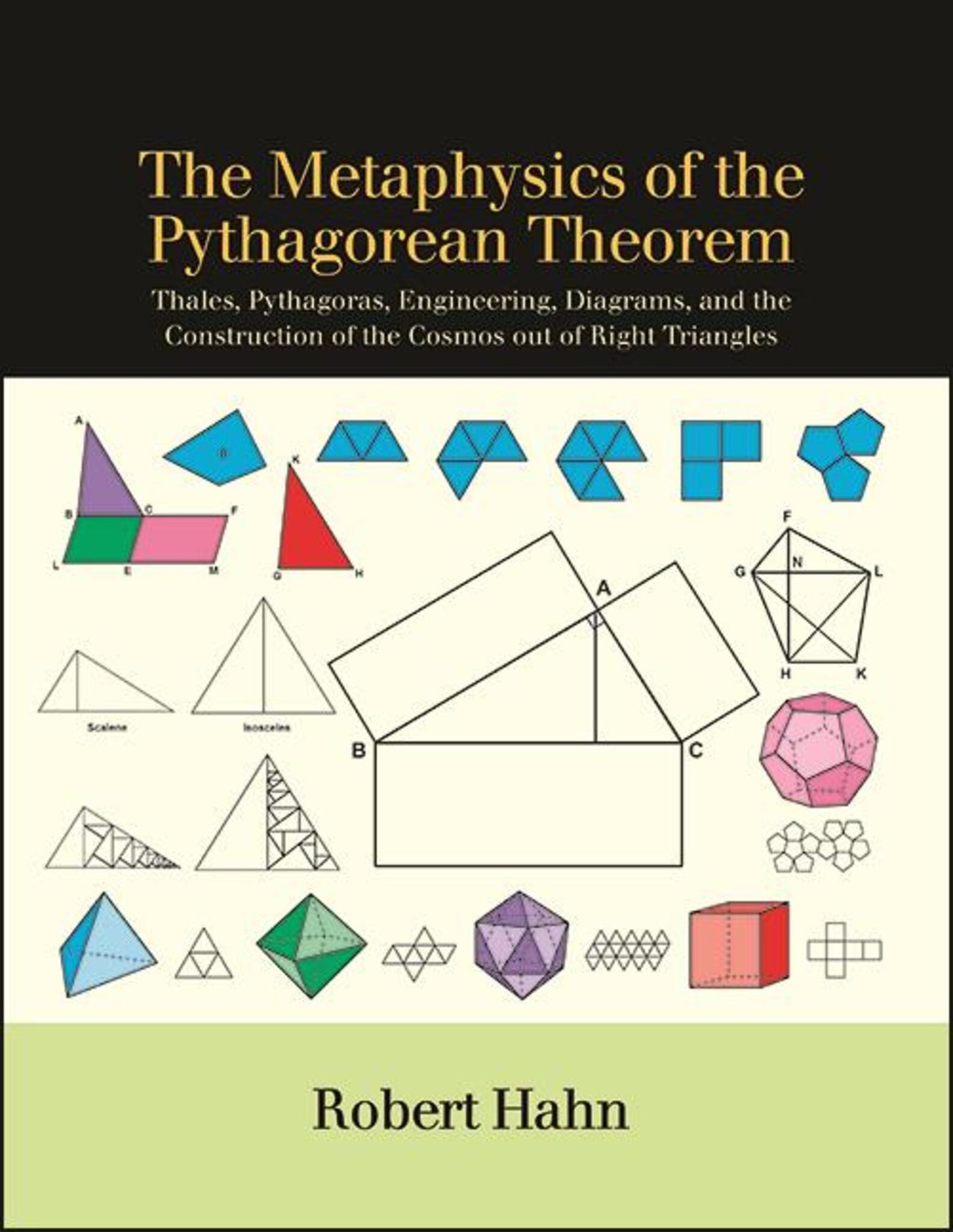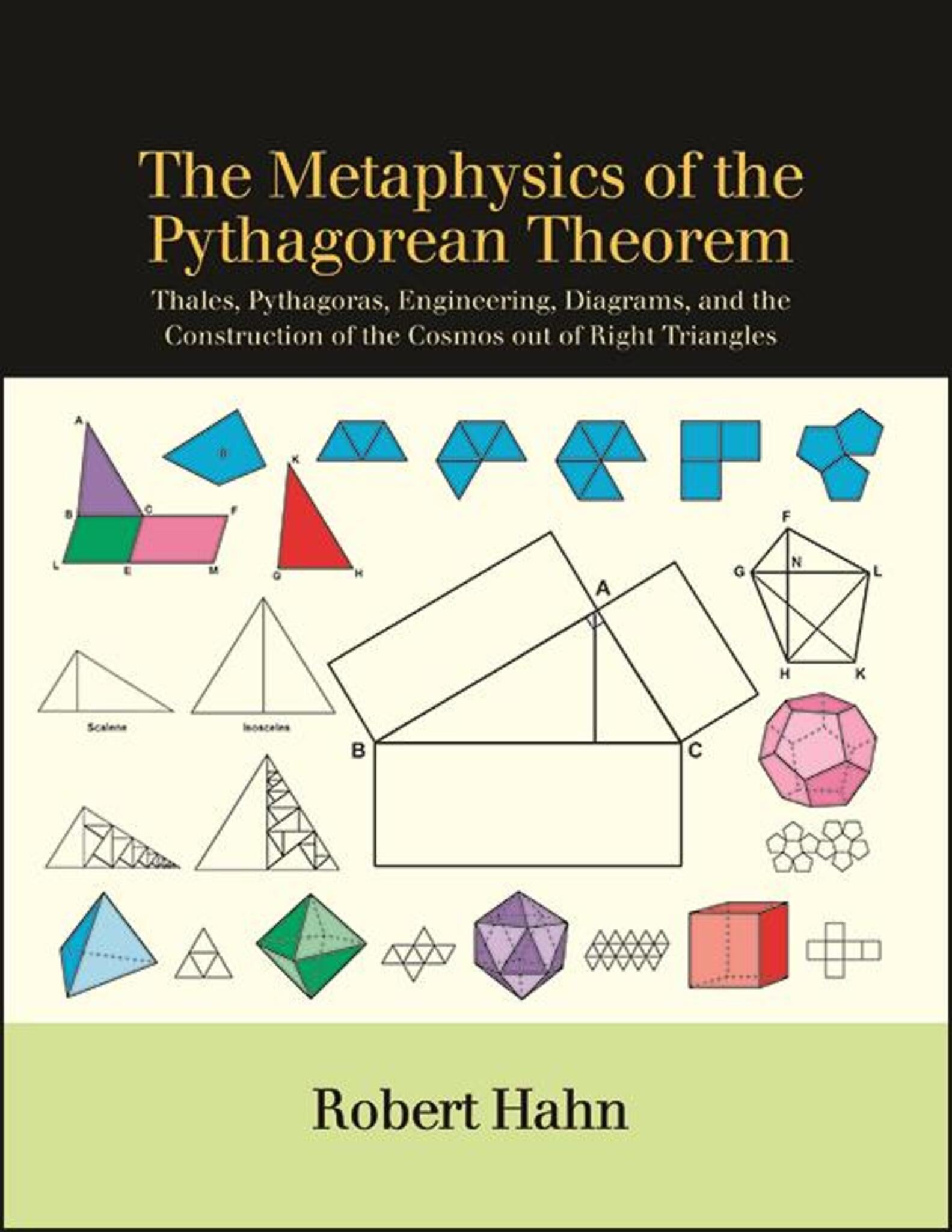We're sorry. An error has occurred
Please cancel or retry.
The Metaphysics of the Pythagorean Theorem

Some error occured while loading the Quick View. Please close the Quick View and try reloading the page.
Couldn't load pickup availability
- Format:
-
02 January 2018

Explores Thales's speculative philosophy through a study of geometrical diagrams.
Bringing together geometry and philosophy, this book undertakes a strikingly original study of the origins and significance of the Pythagorean theorem. Thales, whom Aristotle called the first philosopher and who was an older contemporary of Pythagoras, posited the principle of a unity from which all things come, and back into which they return upon dissolution. He held that all appearances are only alterations of this basic unity and there can be no change in the cosmos. Such an account requires some fundamental geometric figure out of which appearances are structured. Robert Hahn argues that Thales came to the conclusion that it was the right triangle: by recombination and repackaging, all alterations can be explained from that figure. This idea is central to what the discovery of the Pythagorean theorem could have meant to Thales and Pythagoras in the sixth century BCE. With more than two hundred illustrations and figures, Hahn provides a series of geometric proofs for this lost narrative, tracing it from Thales to Pythagoras and the Pythagoreans who followed, and then finally to Plato's Timaeus. Uncovering the philosophical motivation behind the discovery of the theorem, Hahn's book will enrich the study of ancient philosophy and mathematics alike.


"Our understanding of the world in which Thales and Anaximander worked is sharpened by Hahn's discussion of contemporary design-techniques." — Aestimatio
"It is a mark of Hahn's generosity that he includes, in every chapter, clear analysis of the geometric problems together with a thorough history of both ancient sources and modern mathematical theory and interpretations before proposing his own extensions; this allows the non-specialist reader to perceive, if not participate in, the often quite divergent current debates about early Greek thought. The handsome production-values and clarity of organization of this book … are exemplary, as are its general index and index of Greek terms." — Bryn Mawr Classical Review
"This book would be an excellent resource for anyone studying Euclidean geometry, or it could serve as a text for a geometry seminar … Highly recommended." — CHOICE



